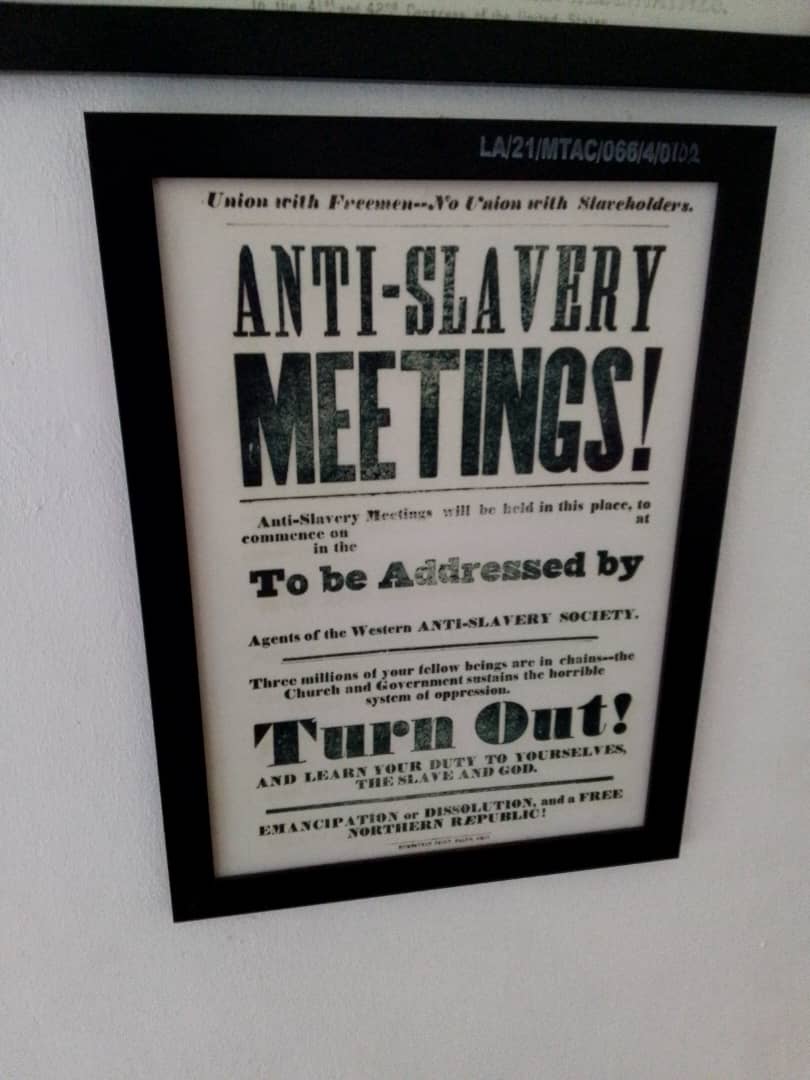TRANSATLATIC SLAVE TRADE: MY EXCURSION AT BADAGRY

During my stay in Tanzania last year, one of the historic places I visited was Zanzibar. There are many tourist attractions in Zanzibar, including the Slave Market. This is a museum that preserves the memory of the horrendous Indian Ocean slave trade perpetrated by Arabs, Europeans, and African chiefs. In the same Tanzania, I visited Bagamoyo, where I also saw another slave trade museum.
Last week, I was in Badagry, Lagos, Nigeria, where I furthermore learned about the history of the Transatlantic slave trade.
Badagry Heritage Museum is rich, exhaustive, and full of detail, organized in a systematic fashion that only a professional curator can do so. It is a near-complete museum on the illicit trade of Africans, which began in the 15th century and lasted for over four hundred years.
The Museum has 9 galleries that include: Introduction of the Transatlantic Slave Trade by the Portuguese; how the slaves were captured and transported to various slave markets such as Badagry, Port Novo, Whydah, Sengal, etc.; those who facilitated the illicit trade, especially the Europeans and the African chiefs. The equipment used, such as boats, ships, chains, iron drinking pots, etc. The gallery that depicts resistance and punishment showcases horrible photos, including a slave woman who killed all her children in captivity because she didn't want them to suffer what she experienced. The runaway slaves, the various revolts by African slaves in the Caribbean islands, and the punishment meted out to them, including setting loose man-eater dogs on them.
The industries that thrived from the trade. These include: sugar plantations, cotton plantations, rice plantations, etc.
The other galleries depict integration of African slaves and the era of abolition, including heroes that led the campaign against the trade such as Lord Mansfield, Granville Sharp, Frederick Douglas, William Wilberforce, etc.
Visiting various slave museums in some African countries has restored my hope that one day the major facilitators of that illicit venture, the Europeans whose economies benefited a lot, will take responsibility for the injustice meted out against Africa, apologize, and pay reparation.
Comrade Bishir Dauda Sabuwar Unguwa Katsina.
Follow Us
8,045
Fans
8,045
Fans
8,045
Fans
8,045
Fans



